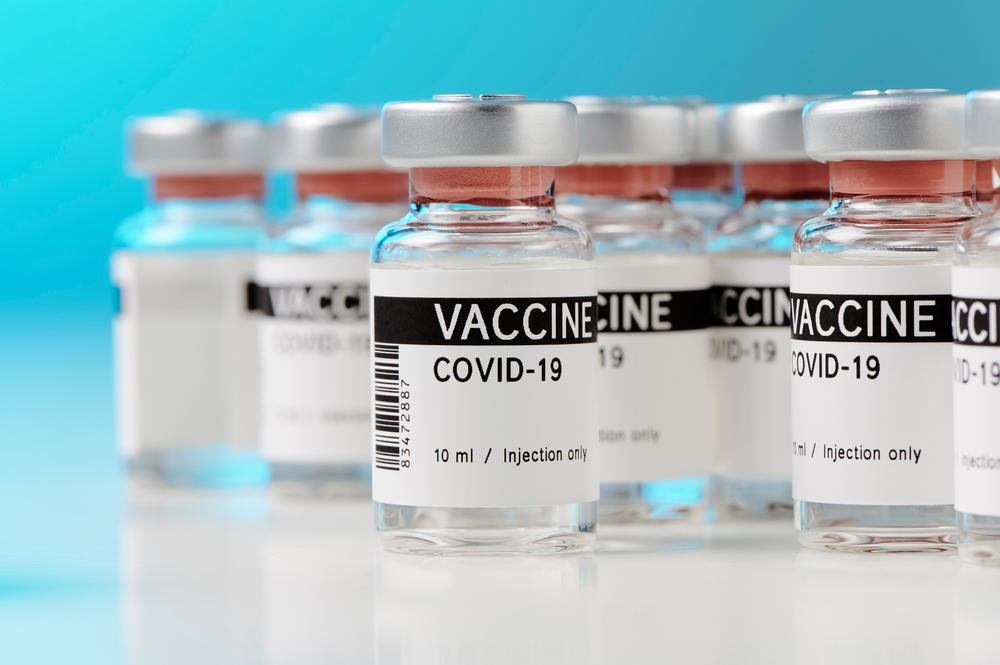Vaccines Benefit America’s Physical and Fiscal Health

The United States is the global leader in developing innovative and life-saving cures and treatments thanks to the investments made by pharmaceutical companies in the United States, including the vaccines that helped end the coronavirus pandemic. Vaccines are crucial to the physical and economic health of not just Americans but also people across the rest of the world. Efforts to restrict access to vaccines and policies that would stifle innovation hurt the economy and endanger lives.
The use of vaccines has led to the elimination of debilitating and fatal diseases. According to a July 2016, Pharmacy & Therapeutics report, morbidity rates from diphtheria, smallpox, and paralytic poliomyelitis have been reduced 100 percent. Morbidity rates for measles and rubella have also decreased by over 99 percent. Vaccines also eliminate the need for future health interventions to treat diseases. According to the Centers for Disease Control (CDC), among children born from 1994-2023, “routine childhood vaccinations will have prevented approximately 508 million cases of illness, 32 million hospitalizations, and 1,129,000 deaths.”
The CDC has also found that in addition to the positive economic effects they provide, vaccines provide substantial physical health benefits. The CDC’s August 8, 2024, report on morbidity and mortality stated that “for children born between 1994-2023, routine vaccinations will have prevented 508 million cases of illness, 32 million hospitalizations, and 1,129,000 deaths, resulting in direct savings of $540 billion and societal savings of $2.7 trillion.” That means for every $1 spent on childhood vaccinations approximately $11 in future savings is generated. According to the American Action Forum, “long-lasting immune protections (such as the MMR and varicella vaccines) continues to provide benefits into adulthood and impacts many aspects of life, including parenting and workplace productivity.”
For adult immunizations, the economic benefits are even greater. According to England’s Office of Health Economics April 18, 2024, study, adult vaccination programs provide a return on investment of up to 19 times the initial investment. Adults who are vaccinated also create a healthier and more productive workforce. Healthy employees tend to perform better, and businesses experience fewer disruptions that come with having employees miss work due to illness.
Decreasing or eliminating access to vaccines and the subsequent lower vaccination rates would also harm the economy by threatening American jobs. The biopharmaceutical industry, including companies that produce vaccines, provides more manufacturing jobs than other industries like aerospace, coal, iron, and steel. These companies have already invested heavily in manufacturing, research and development in the United States. Since early 2025, pharmaceutical companies have committed to investing $270 billion in manufacturing and research in the United States over the next five to 10 years. For example, Merck announced plans on October 20, 2025, to invest $70 billion to expand its manufacturing and research in the country, including a new manufacturing facility in Elkton, Virginia which will provide 8,000 construction jobs while it is being built, and 800 manufacturing jobs once complete.
The physical health and economic benefits of vaccines are clear. Diseases that were once debilitating and even deadly are no longer a threat with routine immunization. Restricting access to vaccines or stifling the innovation that will lead to new cures and treatments should be avoided, as doing so will harm physical and fiscal health not only in America but in every other country.
